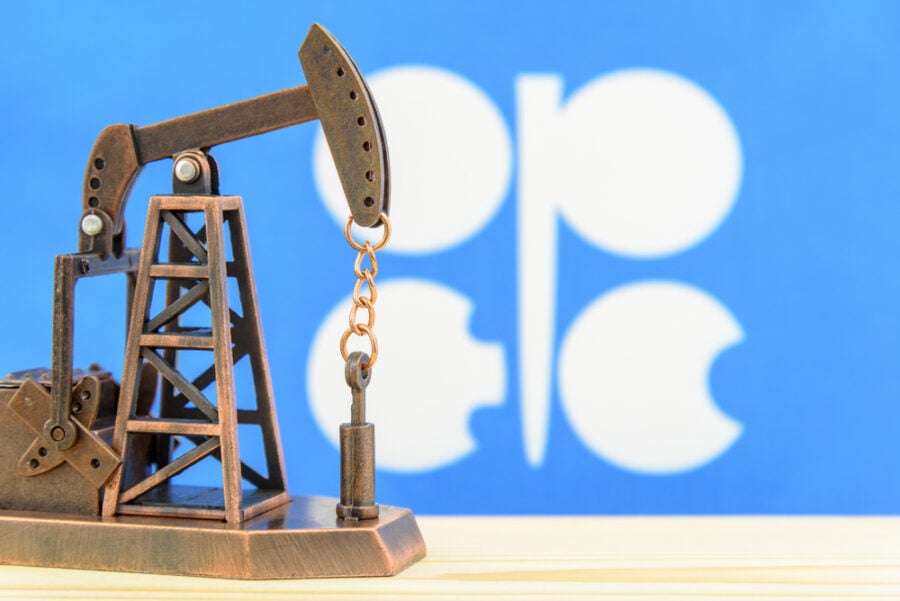The “OPEC +” alliance agreed to a slight increase in oil production targets for the month of September, by 100,000 barrels per day. And decided to hold its next meeting on the fifth of next month.
The “OPEC +” decision dashes US hopes for a significant increase in supply. US President Joe Biden visited Saudi Arabia in mid-June and met Crown Prince Mohammed bin Salman. He also participated in the Gulf Summit for Security and Development, hoping to push oil-exporting countries, the most important of which being Saudi Arabia, to increase production in order to calm the market.
And “OPEC +” includes the Organization of Petroleum Exporting Countries (OPEC) and its allies among the producers, especially Russia.
The decision boosted oil prices, which rose slightly to compensate for its earlier losses. Brent crude futures rose 78 cents, or 0.8 percent, to $101.32 a barrel. US West Texas Intermediate crude contracts rose 94 cents, or one percent, to $95.36 a barrel.
Three delegates from “OPEC +” told “Reuters” before the meeting that the alliance had reduced its forecast for the oil market surplus this year by 200,000 barrels per day to 800,000 barrels per day.
In the same context, the new Secretary-General of “OPEC” Haitham Al-Ghais announced before the meeting that the recovery in demand for oil is continuing, but it may be at a slower pace than what it was at the beginning of the year and last year.
He said, “We are still witnessing a steadily and distinctly increased demand for oil compared to the period that we experienced in the Corona pandemic in the years 2020 and 2021. There was a recovery after the pandemic, and we are still witnessing a recovery in demand despite the relatively low pace.”
Meanwhile, data from the American Petroleum Institute showed a rise in US crude stocks by 2.2 million barrels for the week ending on July 29. Gasoline stocks fell by 200,000 barrels, and distillate stocks fell by 350,000 barrels.








